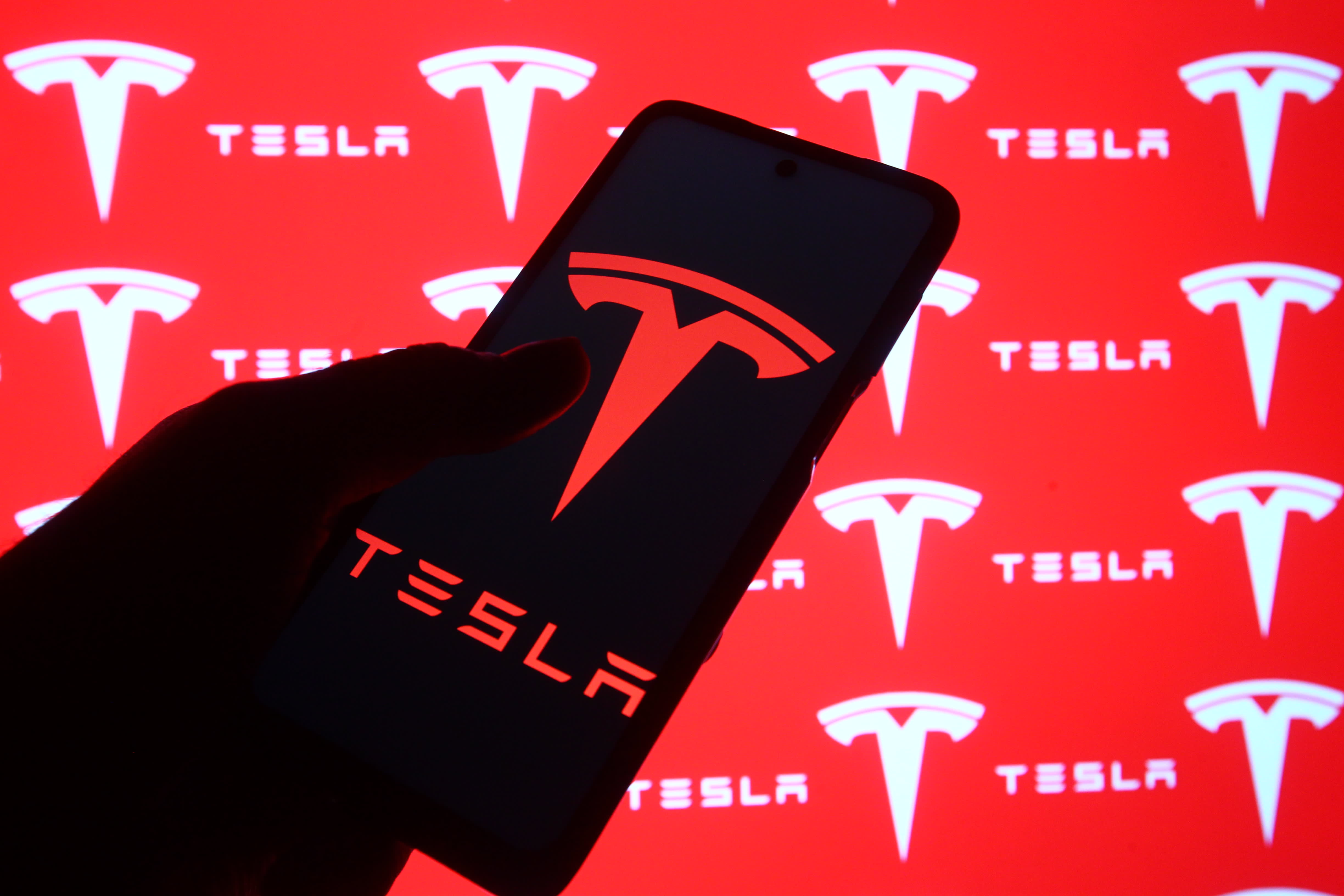Tesla drops 12% for biggest fall this year after Musk stock sale proposal

Tesla stock closed down 11.99% on Tuesday, extending losses for a second day, after CEO Elon Musk over the weekend proposed selling 10% of his shares in the electric vehicle business.
The drop is on pace to be the largest of the year for the stock, and comes after a fall of nearly 5% on Monday, tempering a mostly upward trend for the year. Overall, Tesla shares are up more than 47% in 2021 and have more than doubled from one year ago, as the company reported improved automotive margins and navigated a chip shortage to ramp production while competitors faltered.
Current and former board members including chairwoman Robyn Denholm, Elon Musk’s brother Kimbal Musk, Ira Ehrenpreis and Antonio Gracias have also offloaded hundreds of millions of dollars worth of Tesla shares since Oct. 28 after Tesla’s market cap surpassed $1 trillion.
Musk was awarded a hefty options package as part of a CEO performance plan in 2012. Because he doesn’t take a salary or cash bonus, his wealth comes from those stock awards and gains in Tesla’s share price. The 2012 award was for 22.8 million shares at a strike price of $6.24 per share. Those are due to expire on Aug. 13, 2022.
He has additional options from an unprecedented 2018 CEO pay package as well.
The iconoclastic CEO has pledged at least 92 million of his Tesla shares to lenders for cash borrowing. As CNBC previously reported, Musk may want to sell some shares to pay down his debt, and he faces a potentially massive tax bill on his windfall as he exercises his options and sells shares.
Despite recent insider sales, Jefferies raised its price target for shares of Tesla from $950 to $1,400 in a note Monday.
Analyst Philippe Houchois wrote, “Without dismissing execution risk, Tesla is getting to a position where it can balance affordability and speed, goals which are as important as profitability in Elon Musk’s vision.”
Like many other analysts, he expects Tesla to maintain an edge in the battery electric segment of the new vehicle market for years to come.
However, Elon Musk’s car company is facing new competitive pressure from upstarts and legacy automakers alike.
For example, the electric vehicle upstart Rivian, which is backed by Amazon, Ford and Cox Automotive, Rivian, is poised for an IPO this week. The company plans to start customer deliveries of its R1S, a three-row seven-passenger sports utility vehicle next month.
Chinese automaker Geely just introduced a heavy duty battery-powered electric truck to compete with Tesla’s long-delayed Semi.
According to China Passenger Car Association data out this week, Volkswagen sold over 12,000 of its ID series fully electric vehicles in China in October, and sold over 16,000 electric vehicles in total in China last month, while Tesla sold an estimated 13,725 there, opting to export 40,666 of the 54,391 electric cars it made in Shanghai instead.
“Tesla China often starts quarters slow and finishes strong. September deliveries, for example, topped 50,000. So it is hard to draw hard conclusions from the October numbers,” cautions Michael Dunne, CEO of the auto industry advisory ZoZoGo.
Confusion over Tesla’s Semi program and relationship with rental car company Hertz may also be weighing on Tesla shares. Tesla has said its Tesla Semi production is still “in development” while a Pepsi executive said he expects Tesla to deliver some of its heavy duty trucks to the food and beverage giants this quarter.
Hertz has said it was ordering 100,000 electric vehicles from Tesla for its rental fleet, and interim CEO Mark Fields said the companies have a contract. However, Musk has said there is no contract with Hertz for the massive order.
–Yun Li contributed to this story




